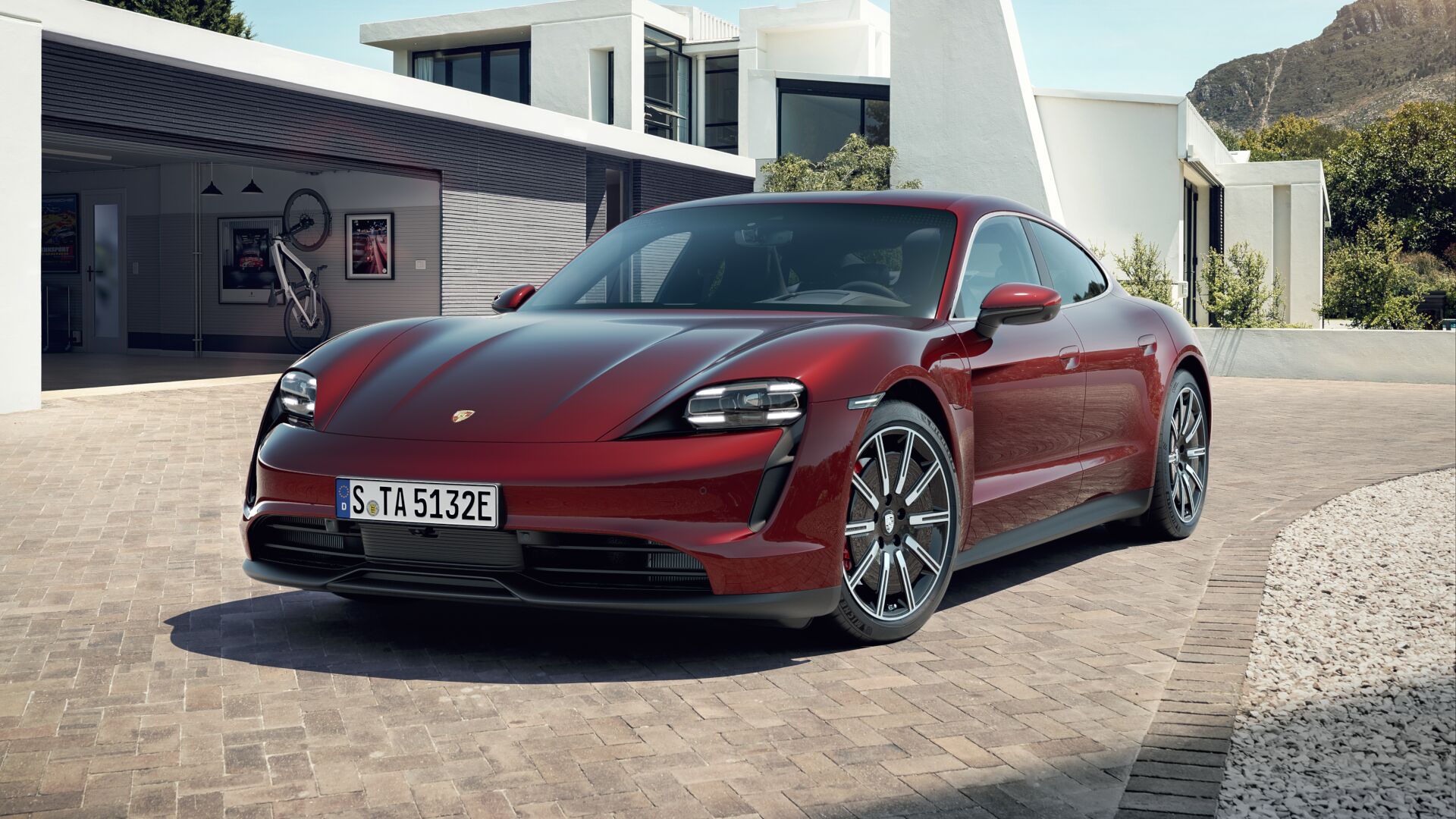
Are we ultimately ending up electric?
Both, actually.
Current EV buzzwords include:
- EV costs
- Poor public charging
- Insufficient EV range
All nice points. 2 & 3 are interconnected and must function together. Let’s start with Magnitude Finance’s biggest concern: EV prices. Everyone agrees they’re costly right now. EVs are always more expensive than ICE-powered cars. This is usually due to battery prices; manufacturers have been building automobiles with engines for over a century and can do so quite cheaply. Changing propulsion systems is complicated and expensive. As they sell less, it’s more expensive.
EV pricing are roughly the same, so switching makes no difference. EVs have less brake wear thanks to regenerative braking, and there’s less to go wrong in the drivetrain (batteries, motors, controllers). EVs are smoother, quieter, and more relaxing to drive. All that without considering the local pollution you’re removing (notice I said local pollution, the fight about where power comes from will rage on for years, so I’m leaving it out).
Costs will change. Once the globe calms down, battery tech will develop and become cheaper as more plants are established. Once battery prices fall, EV pricing will drop dramatically. EV and ICE equivalents will cost the same, then be cheaper due to less complex production. Most analysts expect this in 5 years.
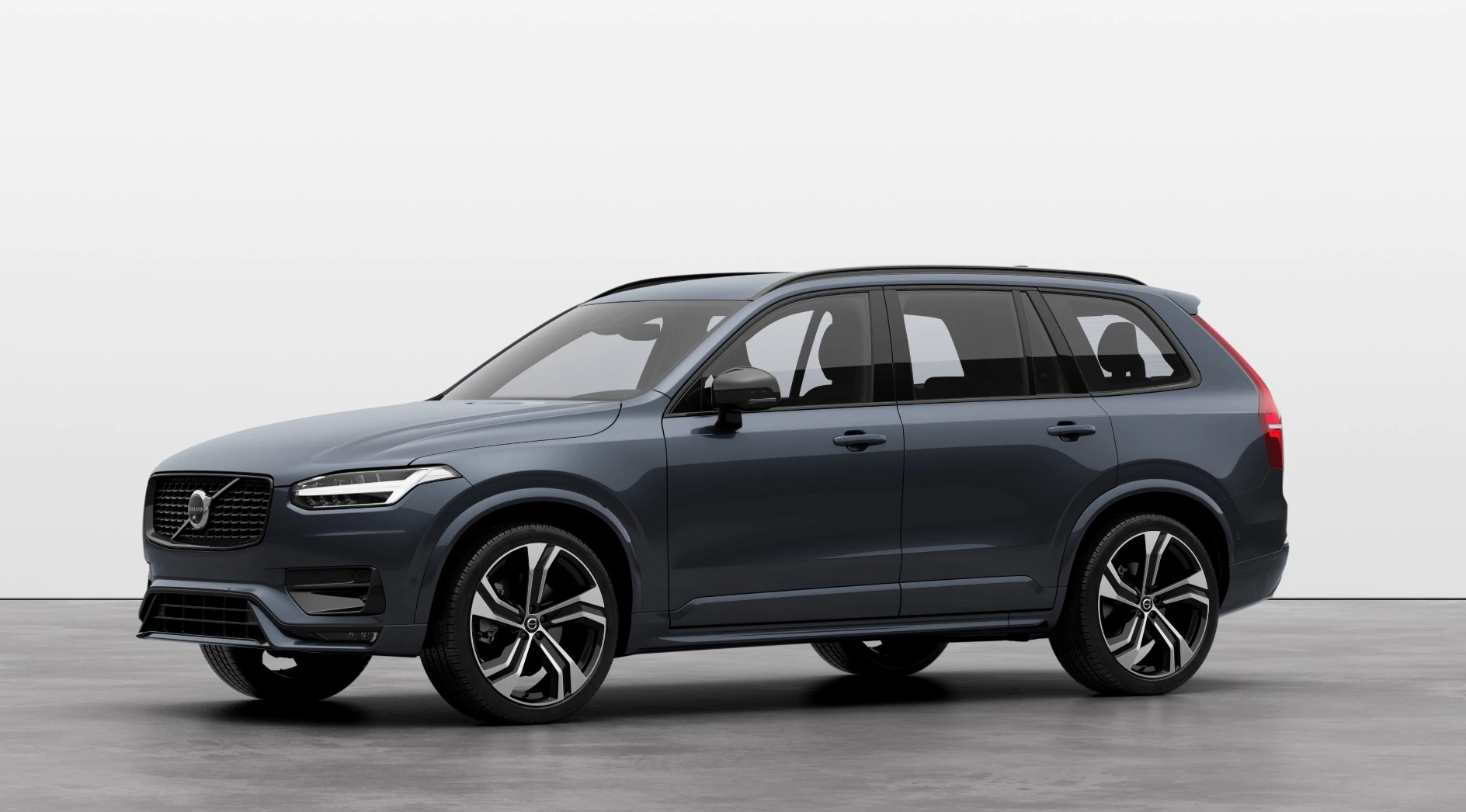
Infrastructure
We’re at a difficult stage in the transition to EVs, with a lot of legacy (old) tech still out there that can’t handle modern charging needs. This has to be fixed, but it is. There are hundreds of new fast chargers, rapid chargers and ultra-quick chargers going into the ground at sites across the country every week thanks to the billions of pounds of investment from the public and private sectors. So they’re improving, but it’s understandable that EV owners (who are increasing by the day) are dissatisfied because many chargers are broken in crucial spots.
Fast, plentiful, dependable chargers are crucial to EV adoption and the future of EV design. Manufacturers are releasing large, hefty electric SUVs with substantial batteries. The public has been convinced they need SUVs, so manufacturers make them. It’s easier to fit huge battery packs in a taller SUV body while creating a new EV. More weight implies less range, so they add more battery, which increases range but weighs more, etc. Population wants long-range cars, therefore SUVs now have 110kWh battery packs.
They demand a huge range because they don’t trust public charging and think they need 450 KM per charge, which is 99% false. Manufacturers need to get as many people in EVs as possible so they can see for themselves and the infrastructure can develop. Nobody needs a car with over 300 KM’s of range if you can fast charge it in 15 minutes for a fair fee. Once that happens, I anticipate manufacturers will start providing smaller battery packs in the same size, so people can select between a 250-mile or 500KM range, but the shorter range is cheaper, with less wear on tyres, etc. And it’ll cost less. Range and infrastructure are linked and can work together to improve EVs’ future.
Next: hydrogen and synthetic fuels
People should give up hydrogen – for normal cars. It will have a place, but not in passenger cars. Hydrogen production and storage are too expensive. Still electric vehicles, you merely carry your power source and a power plant. It’s no match for a battery-powered EV. It’s well-suited to medium and heavy commercial vehicles since they can carry large hydrogen tanks and travel long distances, and there’s a lot of work in that area. There’s also the not minor problem that every major manufacturer is currently investing tens of billions into putting out new EVs – this is VHS vs Betamax all over again and EV has won for daily passenger cars.
Synthetic fuels are interesting since those being produced are marketed as ‘carbon neutral to the exhaust’ I’m all for them, but they’ll only have niche utility. This is for two reasons: expense and complexity. Second, these fuels still emit tailpipe emissions. They’re less than traditional fossil fuels, but most cities and towns will be zero-emission in the future, so they won’t be allowed. Synthetic fuel will only be for the wealthy and those who like to operate their ICE sports and supercars on the weekend.
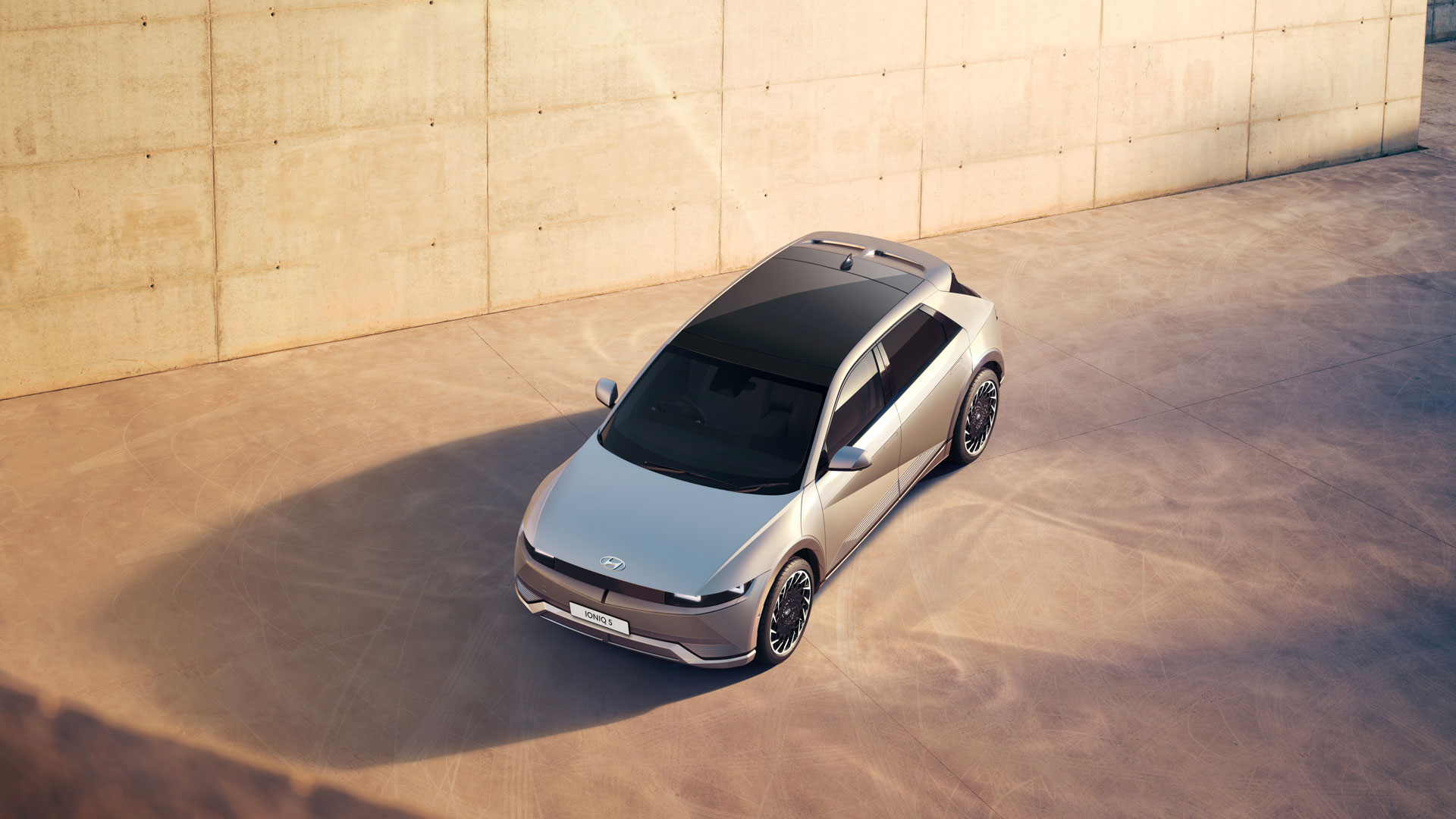
From my point of view, Future ‘fuel’ will be split as follows:
- Daily driving cars for Everyday People, together with light commercial – EV
- Medium and heavy truck – hydrogen
- Classic and sports cars – petrol
Many people talk about the 2030 prohibition on ICE sales, but it won’t be until 2035 because plug-in hybrids will be on sale much before then. Some say it won’t happen, but I think it will. You can still buy and use used ICE automobiles for a long time, so most people don’t need to worry. We’re beginning a move to more sustainable motoring, which will lead to cleaner air. That’s the simplest way of looking at it and that’s no terrible thing, is it?
GetFin blog
- car finance
- Uncategorised
- vehicle finance
- All
-
Sort by:
- Date
- Title

Ferrari to Release First SUV
Ferrari to Release Company’s First SUV The new Ferrari Purosangue is the famous car maker’s first SUV, albeit Ferrari claims it isn’t one – Ferrari CEO Benedetto Vigna called it a “new category” sports vehicle. The Purosangue is the first four-door, four-seater with a motorised, rear-hinged ‘welcome’ door. At 4,973mm […]
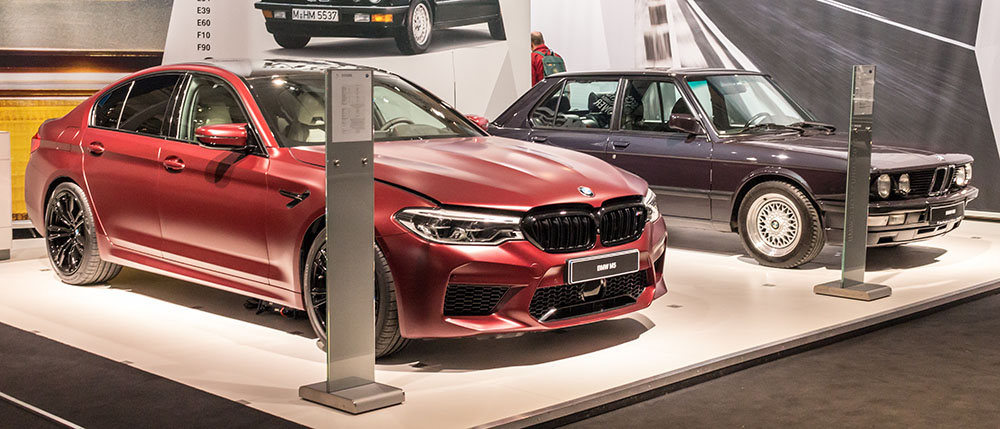
Which M Series BMW is the Best?
Which M Series BMW is the Best? M2 The BMW M2 has been on the market since 2015 and is a vehicle that is a lot of fun to drive since it is so speedy. The M2 featured a turbocharged 3.0-litre six-cylinder engine that produced 365bhp and was exclusively available […]

Getting Vehicle Finance for a Private Sale
A common enquiry we get at GetFin: “Can I get financing for a vehicle from a private seller?” And the answer is, of course, yes! A private vehicle sale is when a consumer buys a car from an individual rather than a business or dealership. This is most likely ‘you […]
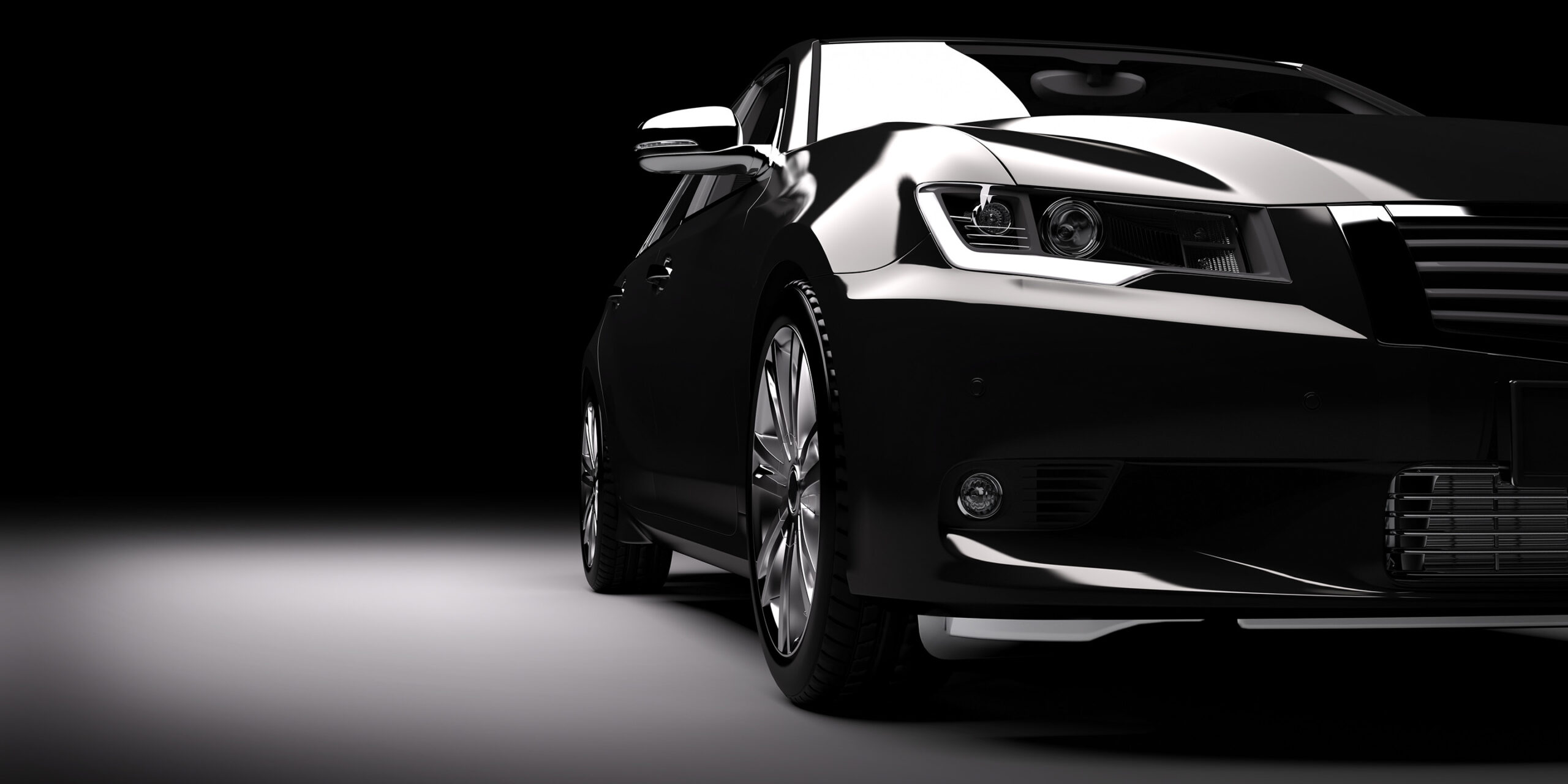
The Difference Between Fixed and Variable Interest Rates
The Difference Between Fixed and Variable Finance Rates Finance has a plethora of industry words and jargon that may send your head spinning faster than a rally race season.You will hear the phrases ‘fixed’ and ‘variable’ rates discussed in every loan package, therefore it is your account manager’s role to […]
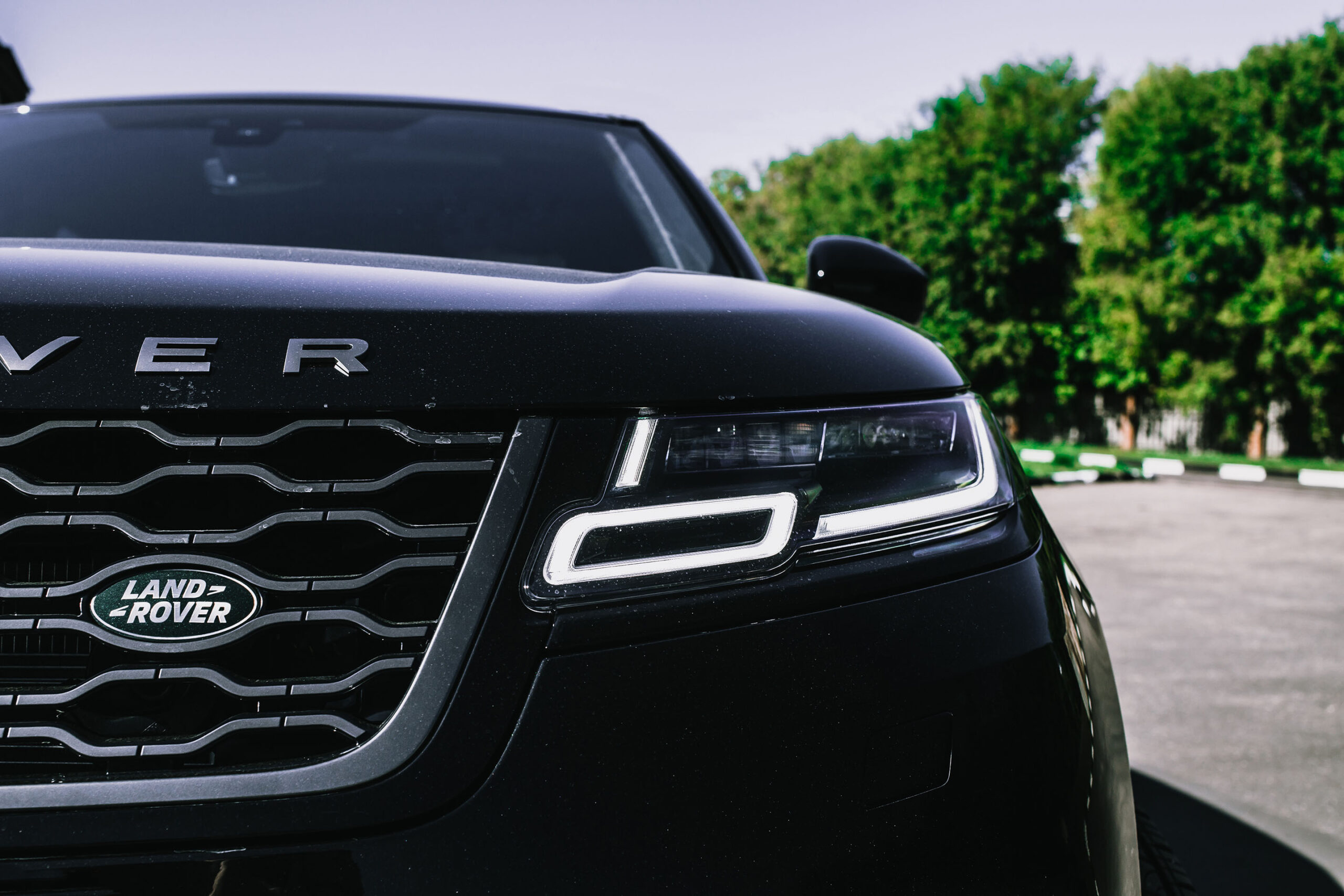
Land Rover Announces New Generation Range Rover
Home About us We finance Referrers News Contact us The Range Rover, Land Rover’s long-awaited latest flagship SUV, has officially debuted. The reimagined luxury SUV, which will debut in early 2019, is just the sixth new Range Rover ever since model’s introduction in 1970. It debuts with a variety of […]
